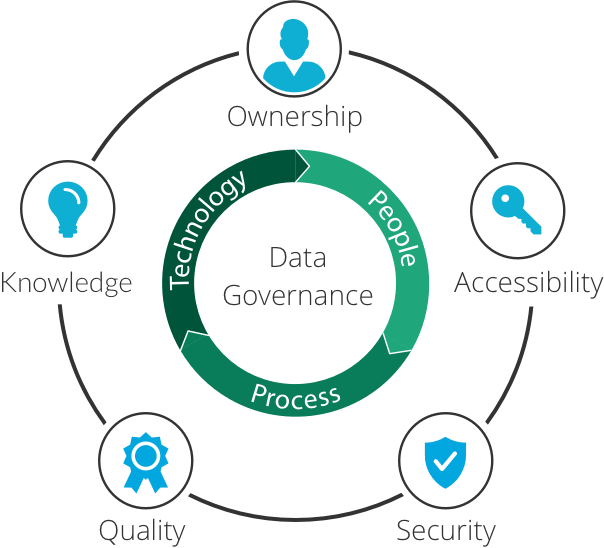Once upon a time, the law of the business landscape was “Show me the money!” These days, it’s a bit different. “Show me the data!” Whoever has the data will eventually get the money, providing they know how to use it.
As the Michael Hiskey’s “He Who Rules the Data Rules the World” shows us, there are many considerations lurking behind the shift toward collecting and collating data. Some of these considerations, including who actually “owns” the data in question, might not be immediately intuitive. They are all worth our time to learn about and consider. As Hiskey further tells us, lines that once separated “big data” from Big Data have blurred. No longer is data received, docked in vast repositories, and then ignored. Now it becomes the core of a full Business Intelligence system, which serves as the basis for action plans.
The big boys and girls of industry know this. They live, breathe, and eat data. Acquiring data and best practices for making use of it are the concerns that keep today’s enterprising people up at night. They know that in these high-speed days, all businesses live and die based on data. The buzzword associated with success is digital transformation. Analysis stemming from Big Data can lead one business to thrive in its sector, attaining market share other entrepreneurs can only dream of seeing.
Two factors play a key role in any business’s ability to thrive. First among these is how that company receives data; second is how the company’s resources exploit it. There are six considerations vital to understanding the way a company uses its data, which also happen to be the fundamental questions: Who, how, where, what, what, and when. Data governance is the method for addressing these questions.
Choosing a framework to use can be challenging. No single definition or universally agreed upon methodology exists answering the question “What is data governance?” is difficult. Internet search engines will respond with dozens of hits, each of them proclaiming to have the best method for sale. However, there are many internal inconsistencies in these many definitions. In the face of such inconsistencies, the hope of finding the best option can seem small. However, finding the optimal method for monitoring and making use of data does not need to be some Herculean task. We simply need to keep those fundamental questions in mind.
Actually, we also need to apply one more consideration when identifying a viable data governance framework: What is best for our company? Individual situations have numerous variables, making each company a unique animal in need of a specific solution. What might be crucial for an oil and gas service provider might have no impact on a retailer. No single product turnkey solution is available to answer every industry or company’s needs. Instead, each of those hits from the aforementioned web search offer one or more tools. They present a collection of components, which might aid one company but not another.
The key is keeping abreast of the newer trends as well as identifying and building upon the structures serving a company’s best interests, but a business must also be prepared to adopt these functions early on. As Stan Christiaens indicates in “The Importance of Data Governance in the Software Development Lifecycle”, adding the correct gates for the governance of data can reduce workloads and erase risk. However, one must understand the requirements as early as possible, instead of waiting until the last minute can require repurposing and dedicating large numbers of resources and workhours




